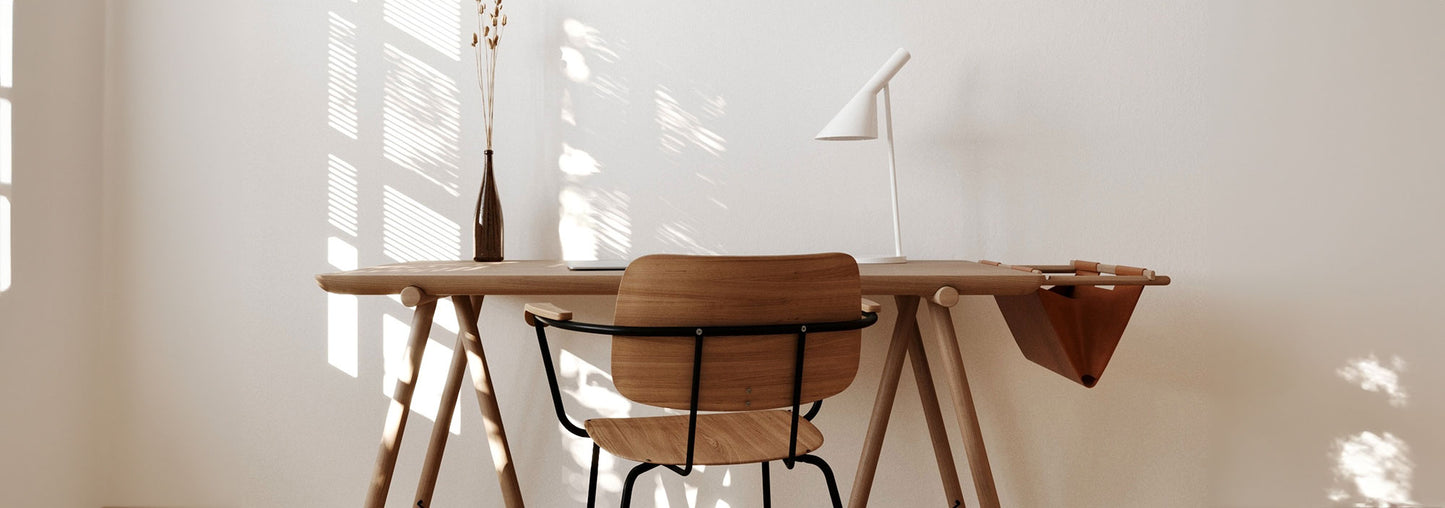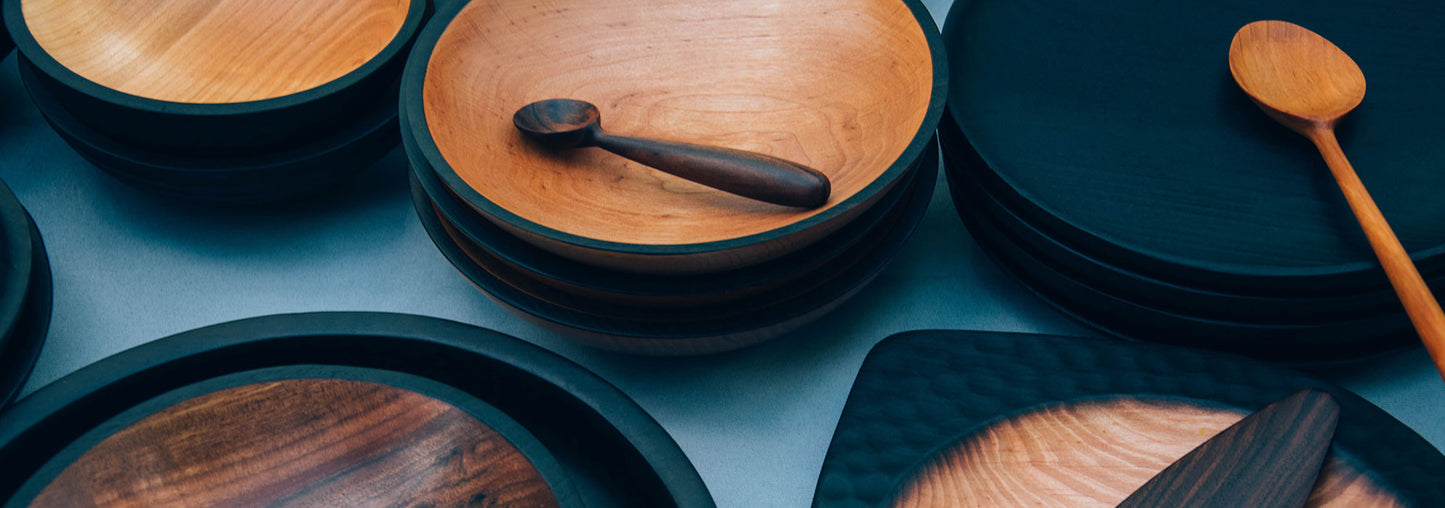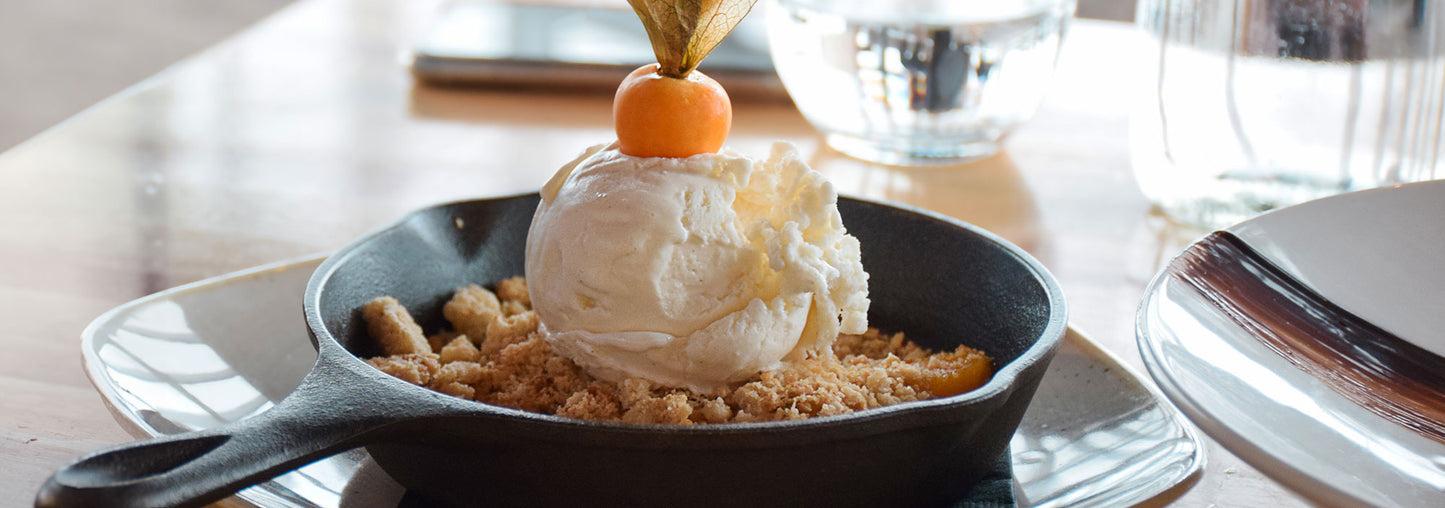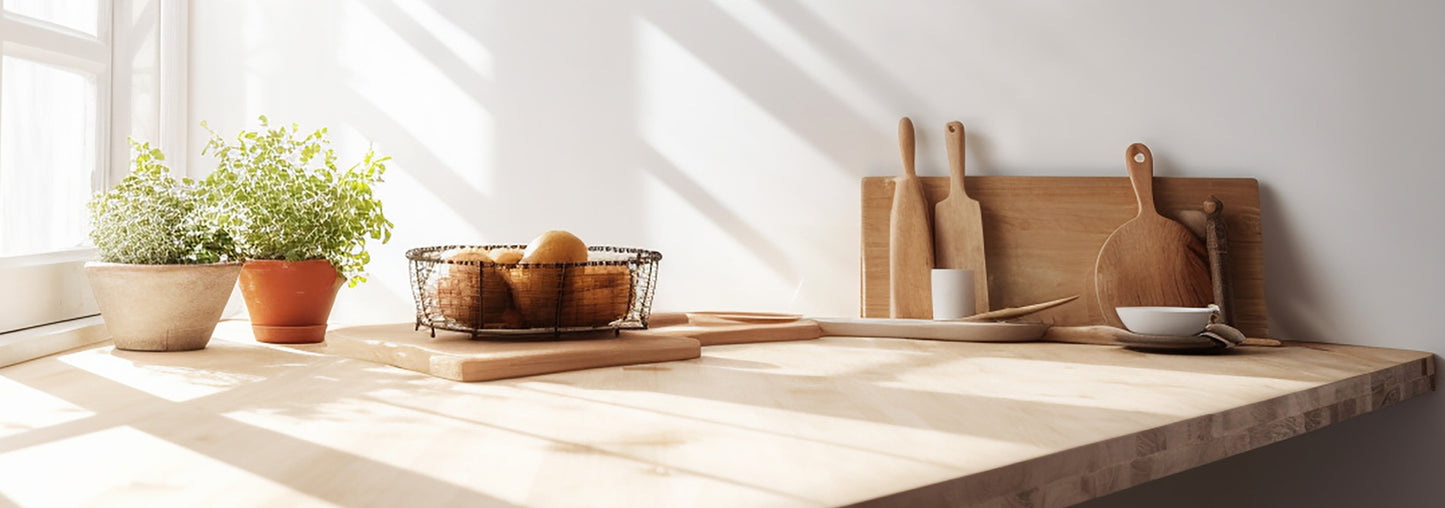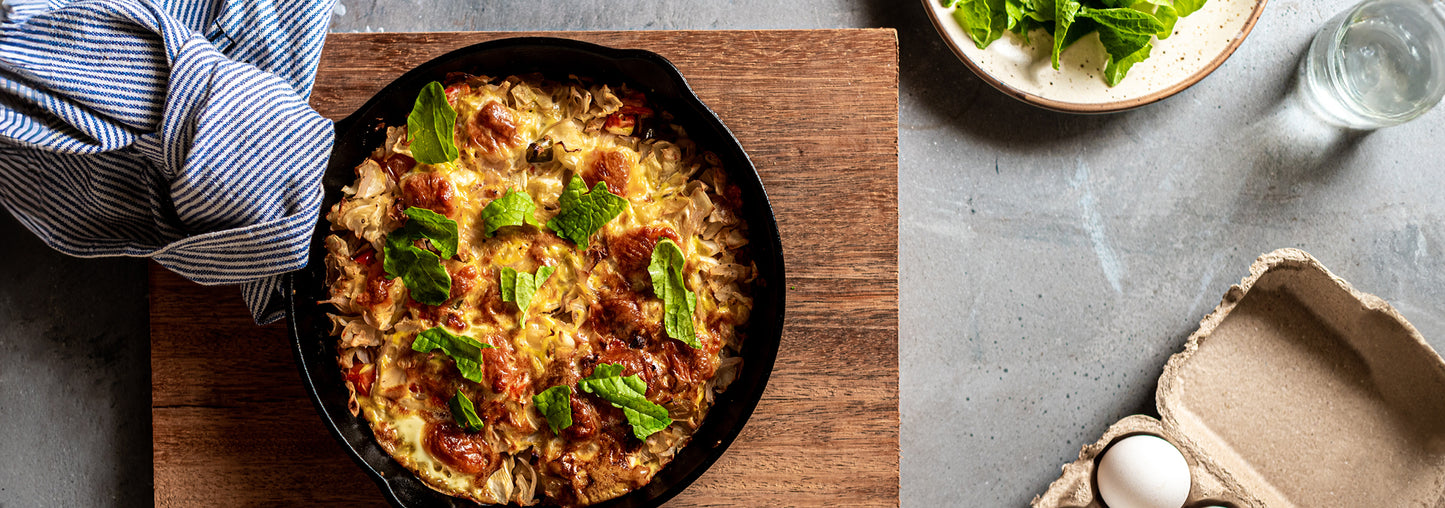
Cast iron cookware has been around for generations with good reason. Its exceptional heat retention and versatility have earned it a special place in the hearts of many home cooks. However, using cast iron isn't as straightforward as it might seem, and there are several common mistakes that can easily compromise its performance and longevity. In this article, we'll explore the top pitfalls associated with cast iron cookware and provide insights on how to prevent them.
Neglecting Proper Seasoning
Seasoning is a crucial step in maintaining cast iron cookware. A well-seasoned pan develops a natural nonstick surface, enhancing its cooking capabilities and preventing food from sticking. One common mistake is neglecting to season the cookware or not doing it correctly. Proper seasoning is the first step to cast iron culinary excellence!
Using High Heat Too Soon
Cast iron is known for its excellent heat retention, but it's important to heat it gradually. Using high heat right from the start can cause uneven heating and may lead to warping or cracking. Instead, start with low to medium heat and gradually increase it as needed. Preheating the pan for a few minutes before adding oil or food can help distribute the heat evenly.
Sudden Temperature Changes
Rapid temperature changes can cause cast iron to crack. For example, pouring cold liquid into a hot pan can result in thermal shock. To avoid this mistake, allow your cast iron to cool down slightly before introducing a significant temperature change, such as adding cold ingredients or transferring it from the stovetop to the oven.
Using Metal Utensils
Metal utensils can damage the seasoned layer of your cast iron cookware, leading to a loss of its non-stick properties. Opt for utensils made of wood, silicone, or other soft materials that won't scratch the surface. If you accidentally scratch the surface, reseason the pan to restore its nonstick capabilities.
Soaking in Water
Leaving cast iron submerged in water or soaking it for an extended period can cause rust to develop. While cast iron is relatively resilient, it's important to avoid excessive exposure to water. If your cookware does get wet, dry it thoroughly and apply a light layer of oil to prevent rust from forming.
Improper Cleaning Techniques
Using harsh scrubbing pads or abrasive cleaning agents can remove the seasoning and damage the surface of your cast iron. Instead, opt for gentle scrubbing with a soft brush or cloth and warm water. If stubborn food residue remains, you can use a mixture of coarse salt and oil to create a gentle scrub. After cleaning, make sure to dry the cookware thoroughly to prevent rust.
Storing Food in Cast Iron
Leaving acidic or moisture-rich foods in cast iron cookware for extended periods can cause the seasoning to break down and affect the flavor of future dishes. It's best to transfer leftovers to another container before storing them in the refrigerator.
Cast iron cookware can provide a lifetime of function and joy if treated with care. By avoiding these common mistakes and following proper care and maintenance techniques, you can ensure that your cast iron pieces remain in excellent condition, providing you with reliable and versatile cooking tools for years to come.

